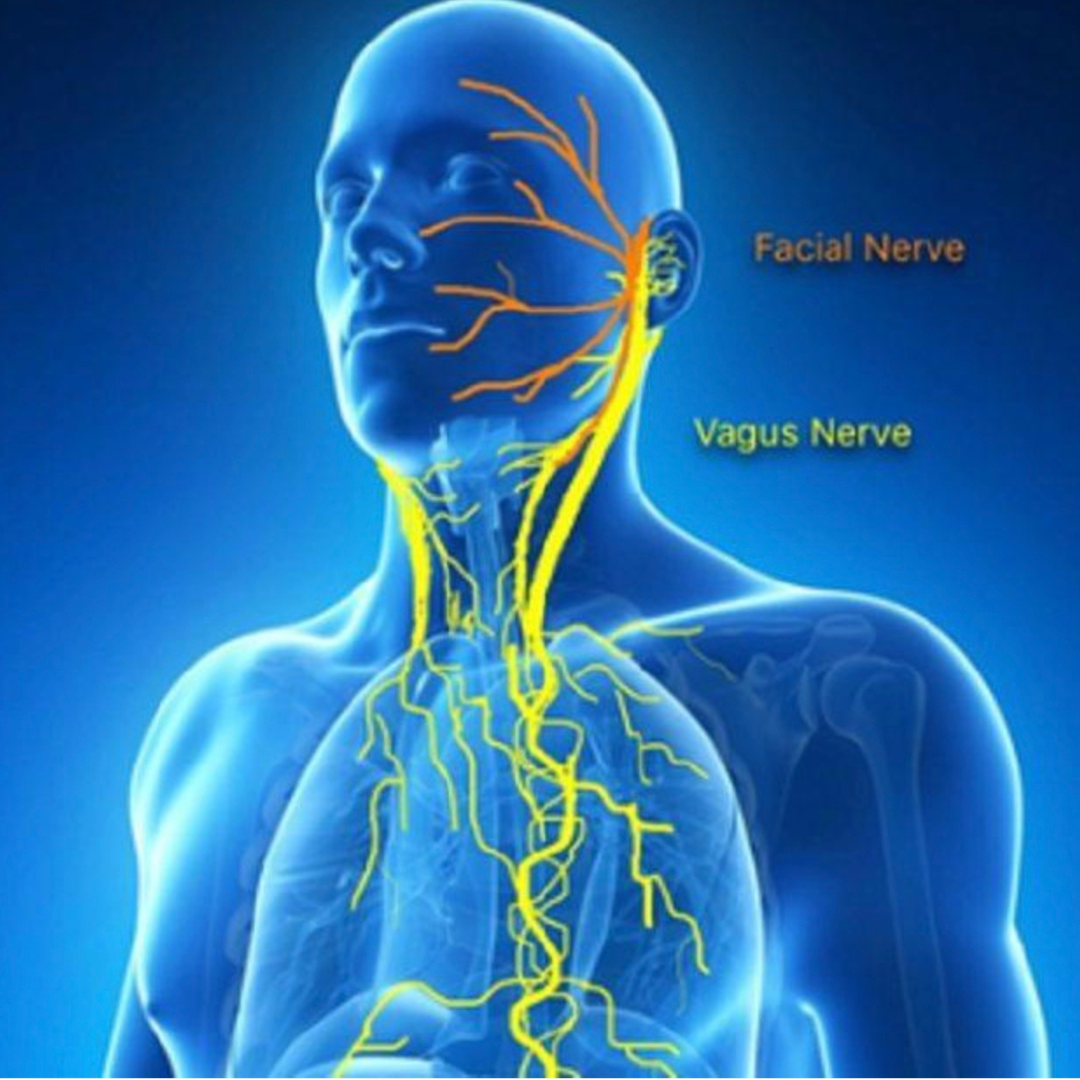
What is the vagus nerve?
The vagus nerve, often referred to as the "wandering nerve," plays a crucial role in regulating various bodily functions, including hormones. Understanding how the vagus nerve influences hormones can offer valuable insights into enhancing overall health and well-being. In this article, we will explore the fascinating connection between the vagus nerve and hormones, shedding light on its significance in maintaining a balanced hormonal system.
Where is the vagus nerve?
The vagus nerve is the longest cranial nerve in the human body, extending from the brainstem down to the abdomen. It serves as a vital communication pathway between the brain and various organs, enabling the brain to send essential signals and instructions to maintain bodily functions.
The role of the vagus nerve in hormonal regulation
The vagus nerve is intricately involved in regulating the endocrine system, which is responsible for producing and secreting hormones. It influences the release of several hormones, such as cortisol, insulin, and oxytocin, which are crucial for managing stress, metabolism, and social bonding, respectively.
Vagus nerve stimulation and hormone balance
Stimulating the vagus nerve can have a profound impact on hormone balance. Studies have shown that vagus nerve stimulation techniques, such as deep breathing exercises, meditation, and yoga, can help reduce stress hormone levels, promoting a sense of calm and relaxation.
Vagus nerve and the gut-brain axis
The vagus nerve plays a pivotal role in the gut-brain axis, the bidirectional communication system between the gut and the brain. Through this connection, the vagus nerve influences the production and secretion of digestive hormones, affecting digestion and overall gut health.
Stress reduction and vagus nerve function
Chronic stress can negatively impact vagus nerve function, leading to hormonal imbalances and various health issues. Incorporating stress-reduction techniques into daily life can enhance vagus nerve activity, positively influencing hormone levels and overall well-being.
Vagus nerve and emotional regulation
The vagus nerve is also associated with emotional regulation. Enhanced vagal activity is linked to better emotional resilience, improved mood, and increased production of "feel-good" hormones like serotonin and dopamine.
Movement: Movement
Recommend walking, biking, yoga, gentle calisthenics and gentle weight training movements using only body weight. Recommend gentle movement like QiGong and /or tai chi to ground you and allow you to experience meditative states during movement. Please defer from engaging in any high intensity exercise which will lead to adrenaline production and create more challenges.
Mindfulness & Relaxation
Recommend throughout the day to have dedicated breathwork. For breathwork, focus on the movement of the abdomen outward with every inward breath (for 5 seconds), and then exhale, flattening the abdomen (for 5 seconds). This will help to stretch the diaphragm, which is the membrane separating the intestines from the lungs. Through the diaphragm passes the vagus nerve, which is the nerve which turns on the "rest, digest, and restore" part of the nervous system. The opposite of the "fight or flight" response." This nerve can be pinched by the diaphragm if breathing is too fast and short.
Abdominal breathing as describe above can help to stretch the diaphragm, and release the vagus nerve to function at its best. Please be sure to hang reminders throughout your living space which will remind you at multiple intervals throughout the day to breathe in this deliberate way. Try for 10 deliberate, abdominal breaths each time you see the reminder. This will help you to set up a better conversion to comfort and automaticity with this new way of breathing more often, so that it becomes natural over time. Many times, when we are tense, we breathe too rapidly and shallowly. Breathing in this way can cause you to "blow off" too much of your carbon dioxide, and change your blood chemistry to a more alkaline ph. This type of shift in pH can cause brain fog, and fatigue or agitation (depending on the person's constitution.) While abdominal breathing as instructed can help to stretch the diaphragm, and release the vagus nerve to function at its best, it also allows your blood pH to return to normal.
Conclusion:
The vagus nerve serves as a critical link between the brain and the body, impacting hormone regulation and overall health. By understanding the connection between the vagus nerve and hormones, individuals can adopt practices that support vagal function, leading to improved emotional well-being, stress reduction, and better hormone balance. Prioritizing activities that stimulate the vagus nerve can contribute to a healthier and more balanced life.
Additional article on the benefits:
For more information about hormone balancing, feel free to download our Free Guide “Getting Started with HRT.”
